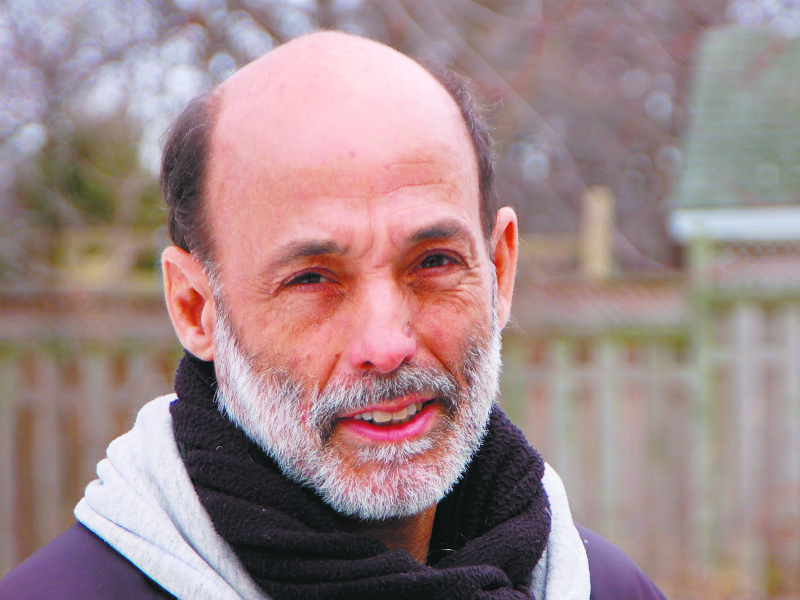A court has denied B’nai Brith Canada’s request to intervene in a controversial legal case involving the labelling of wine made in the West Bank. At the same time, a group that supports the anti-Israel boycott, divestment and sanctions (BDS) campaign was approved to intervene in the same case.
Independent Jewish Voices (IJV) of Canada, which supports BDS, was granted the right to intervene in the case, which is weighing a judicial review of a ruling that ultimately approved labeling wines made in the West Bank as a “Product of Israel.”
The case dates back to 2017, when David Kattenburg, a university professor in Winnipeg, complained to the Canada Food Inspection Agency (CFIA) that two wines made in “illegal” West Bank settlements and sold at Liquor Control Board of Ontario (LCBO) outlets were mislabeled as a “Product of Israel.”
Kattenburg said the labels were fraudulent because Canada does not recognize the West Bank and other territories seized by Israel in the 1967 Six-Day War as being part of Israel proper.
Named in his complaint were the Psagot Winery, located north of Jerusalem, and the Shiloh Winery in Ma’ale Levona, a West Bank settlement southeast of Ariel.
READ: SALE OF WINES FROM THE WEST BANK CHALLENGED IN COURT
In response to Kattenburg’s complaint, the CFIA instructed the LCBO to pull the wines from its shelves. The liquor board then told its vendors to stop importing the products until further notice, saying the directive from the food agency had “clarified” that Israel “would not be an acceptable country of origin” for wines made from grapes that are grown, fermented, blended and finished “in the West Bank occupied territory.”
The CFIA further noted Canada’s policy of not recognizing Israeli sovereignty over post-1967 territories, the LCBO said.
But under intense pressure from Jewish groups, the CFIA swiftly reversed its position, saying the wines could be sold under the terms of the Canada-Israel Free Trade Agreement, which it “did not fully consider.”
Kattenburg filed a complaint about the CFIA’s about-face, but the agency upheld the reversal of the original decision. He is now seeking a judicial review of the reversal.
The case will be heard in Federal Court in Toronto on May 21 and 22. Kattenburg’s lawyer is Dimitry Lascaris, who also acts as legal counsel to the organizers of Toronto’s annual Al-Quds Day protest and has a long history of pro-BDS and anti-Israel rhetoric.
Kattenburg opposed granting B’nai Brith Canada intervenor status in the case and the court complied. While “nobody questions the valuable contributions B’nai Brith Canada has made to Canadian society generally in standing up for human rights,” the court said there isn’t any evidence to support the notion that the group has expertise in the free trade agreement between Canada and Israel, or federal statutes regulating food products and labeling, despite its “bald statements” to the contrary.
By contrast, the court allowed IJV to intervene, partly because it demonstrated a “familiarity” with the labeling of products made in “the Occupied Palestinian Territories,” according to court documents.
The court said IJV would speak to an issue that neither Kattenburg nor the respondent, the attorney general of Canada, have addressed, one that would provide the court with “additional perspective,” including whether international law can help the court in interpreting domestic law.
The court noted that Kattenburg took no position on granting IJV intervenor status.
The Centre for Israel and Jewish Affairs did not seek intervenor status in the case. “Our view is that the attorney general is well-positioned to present a strong case,” said CIJA CEO Shimon Fogel.
*Editor’s Note: A previous version of this story had misspelled David Kattenburg’s surname.
